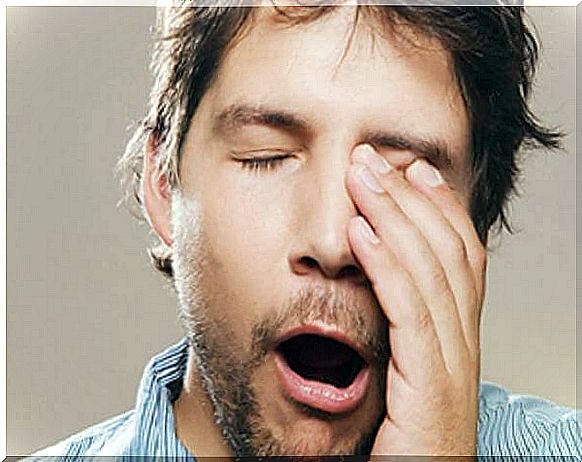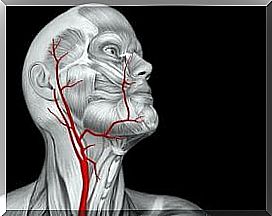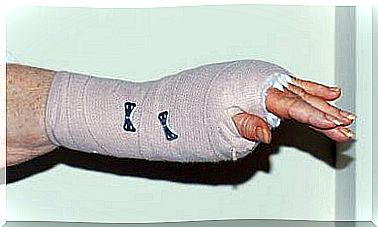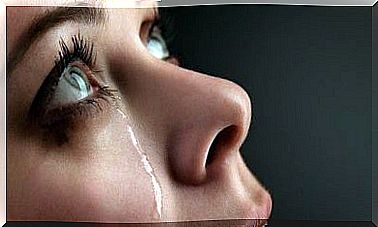Recommended Hours Of Sleep By Age

Currently, it is known that sleep patterns change according to the stage of life we are in. That’s why there is a recommended amount of sleep according to age, as body needs and lifestyle vary over time.
It is very important to sleep an adequate number of hours. Not getting enough sleep brings big problems, and sleeping too much is not advisable either. Sleep is a fundamental process for the proper functioning of the body, especially the brain.
The amount of time each person should sleep depends on many factors. It is true that there are recommendations according to age, but this is just a general indicator. In specific cases, there may be variations depending on the circumstances and conditions of each individual.
The Importance of Adequate Sleep
Recommended hours of sleep according to age are not an exact figure. In fact, it’s very difficult to determine precise ranges. There are young adults who sleep five hours and feel good, while others need to sleep nine hours.
Whether we’re sleeping on time depends on signs that we’re not getting enough rest. In general, when a person feels sleepy and irritable during the day, they are probably not getting enough rest.
Also, when someone wakes up in the morning and falls asleep again after a few minutes, they may not have had a satisfying night’s sleep. A very reliable test is to sleep for 15 days without any restrictions. This can be done on vacation. If at the end of this stage there is no sleep disturbance and the hours are regular, the person will have a good rest.

Recommended hours of sleep by age
As noted, adequate sleep time varies with age. The National Sleep Foundation (NSF) has provided a list of age-appropriate minimum and maximum hours of sleep. It drew on the most recent scientific research in this regard.
Based on this report, the recommended sleep hours by age are as follows:
- Newborns (0 to 3 months): between 14 and 17 hours a day.
- Babies (4-11 months): between 12 and 15 hours a day.
- Young children (1-2 years): between 11 and 14 hours.
- Preschool children (3-5): between 10 and 13 hours.
- School age (6-13): 9 to 11 hours.
- Adolescents (14-17): between 8 and 10 hours.
- Young adults (18 to 25): 7 to 9 hours.
- Middle age (26-64): between 7 and 9 hours.
- Elderly (65 years and over): between 7 and 8 hours.
Why does age influence the amount of sleep?

Babies need more sleep than adults because it is essential for their physical and psychological development. During sleep, there is increased production of growth hormone in children’s bodies. This is essential for modulating organ growth and nervous system maturation.
Furthermore, babies and children are in a permanent learning process. Only during sleep can they organize and correct the information they received during the day. As growth and maturation is completed, the number of hours of sleep needed decreases.
In turn, during adolescence, there is a temporary incompatibility of the circadian rhythm, which is a kind of internal biological clock. This causes them to fall asleep later in the night and therefore have more difficulty waking up early. As we age, we need fewer hours of sleep sleep.
The Grandfather Sleeping Badly Hypothesis
A study published in the journal Proceedings of the Royal Society points out that one of the reasons sleep patterns change with age may be an evolutionary adaptation. This possibility is known by the name of “The Grandfather Sleeping Bad Hypothesis”.
According to this hypothesis, one of the factors that helped our ancestors to survive was the fact that a person was always awake at night. As the elderly performed less activities during the day and the surveillance work did not involve great efforts, apparently they were in charge of performing this function.
In today’s primitive communities, it has been detected that the elderly go to bed much earlier and wake up at dawn. This could be a behavior inherited from our human ancestors, which complements the explanation of why sleep hours change with age.









